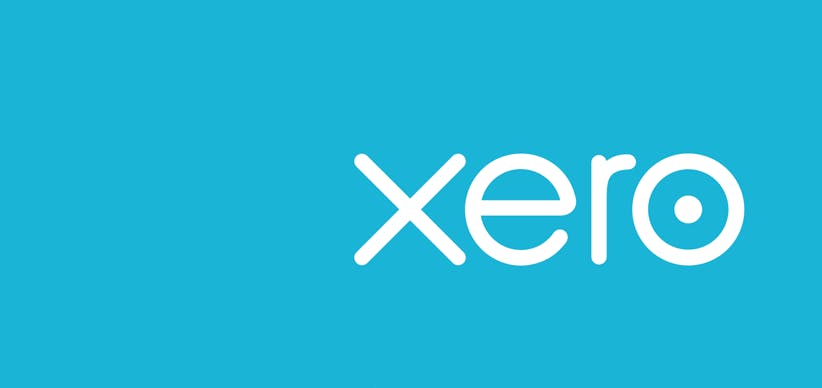Income tax is one of the simpler taxes in principle, but many of us don’t really understand how it works until we have to look into it properly. I’d include myself in that - even after I first became an accountant.
Income tax is devolved in Scotland, where the bands and rates differ, but the overall principles are the same. In this article, I’m focusing on how income tax works in the rest of the UK for the tax year ending 5th April 2026.
The Personal Allowance
Everyone receives a personal allowance - the amount you can earn before paying any income tax. For most people, this is £12,570. The allowance starts to reduce once your total income exceeds £100,000, but for the majority of taxpayers it remains unchanged.
You also won't start paying National Insurance until your income exceeds £12,570.
The personal allowance used to increase each year, but it has been frozen for several years. As wages rise with inflation, more people are being pushed into higher tax brackets.
How Tax Is Collected Through Employment
If you’re employed, your employer doesn’t wait until you’ve earned £12,570 before deducting tax. Instead, they spread your tax‑free allowance evenly across the year and calculate tax each month (or week) based on the assumption that your earnings will continue at the same rate.
One side effect of this is that if you leave a job partway through the year, you may have paid too much tax and could be due a rebate.
The Basic Rate of Tax
After the personal allowance, income is taxed at 20%, known as the basic rate. This applies to income between £12,570 and £50,270. In other words, you pay 20p of tax for every pound earned within this band.
For National Insurance, the rate between these amounts is 8%, so the combined deduction is 28%.
- At £12,570, you pay no tax or NI.
- At £12,571, your total deductions are 28p.
- At £12,572, they are 56p — and so on.
Everything you earned before £12,570 remains tax‑free.
The Higher Rate of Tax
Once your income exceeds £50,270, you start paying the higher rate of tax at 40% - but only on the amount above that threshold.
For example, if you earn £50,271, only £1 is taxed at 40%, meaning 40p of higher‑rate tax.
At this point, your National Insurance rate drops from 8% to 2%, so your total deductions on income above £50,270 are 42%. That means you take home 58p of every additional pound earned at this level.
The Additional Rate
The higher rate applies until your income reaches £125,140, after which the additional rate of 45% applies. The same principles apply - only the income above that threshold is taxed at 45%.
Overpayments and Underpayments
Your tax code determines how much tax is deducted each month based on your expected annual earnings. If your circumstances change - for example, you change jobs or receive a bonus - you may end up over/under‑paying.
HMRC reviews your overall position after the end of the tax year.
- If you’ve overpaid, they’ll usually issue a rebate.
- If you’ve underpaid, they’ll ask you to make up the difference, often by adjusting your tax code for the following year.
Reducing Your Tax Burden
Certain costs can be deducted before your tax is calculated:
- Rental property: you can deduct allowable expenses related to letting the property.
- Self‑employment: you can deduct business expenses incurred to make your sales.
You can also extend your basic rate band - meaning more of your income is taxed at 20% rather than 40% - by contributing to a personal pension, making Gift Aid donations, or claiming the Marriage Allowance if eligible.
Other Forms of Income Tax
You also need to pay tax on any interest or dividends you receive. These are also classed as income tax but will have certain additional tax free allowances.
Questions?
If you have any questions at all, please do not hesitate to get in touch with Anderson Accounts as we will be happy to help.
All figures correct as of 19th December 2025.



